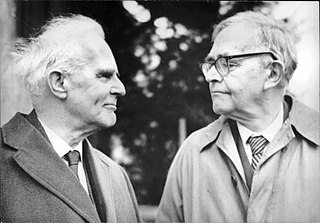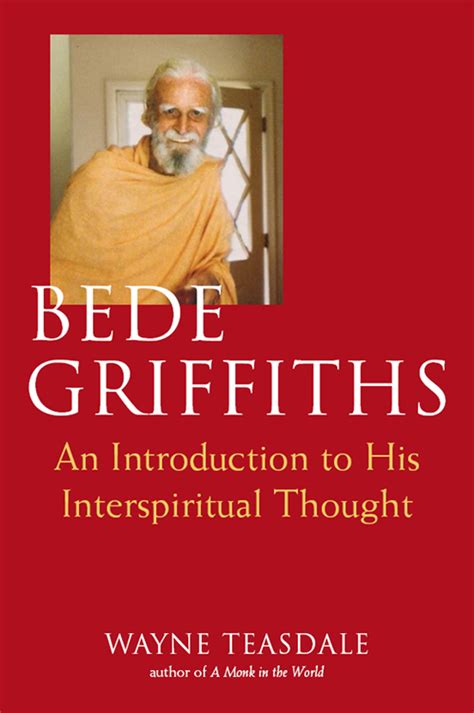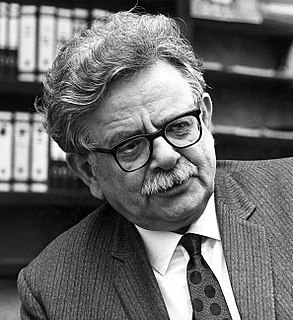A Quote by Emil Brunner
For the Platonic or Aristotelian philosophy, it is of no importance whether Plato or Aristotle ever lived. For the mystical practice of an Indian, Persian, Chinese, or Neo-Platonic mystic it is a matter of indifference whether Rama, Buddha, Laotse, or Porphyrius are myths or not. The mystic has no personal relation to them. It is not here a question of somebody telling me the truth which of myself I cannot find, but of my finding an access to the depths of the world in the depths of my soul.
Related Quotes
Every one of us is a mystic. We may or may not realize it, we may not even like it. But whether we know it or not, whether we accept it or not, mystical experience is always there, inviting us on a journey of ultimate discovery. We have been given the gift of life in this perplexing world to become who we ultimately are: creatures of boundless love, caring compassion, and wisdom. Existence is a summons to the eternal journey of the sage - the sage we all are, if only we could see.
Many things in your life matter, but only one thing matters absolutely.It matters whether you succeed or fail in the eyes of the world. It matters whether you are healthy or not healthy, whether you are educated or not educated. It matter whether you are rich or poor - it certainly makes a difference in your life. Yes, all these things matter, relatively speaking, but they don't matter absolutely.There is something that matters more than any of those things and that is finding the essence of who you are beyond that short-lived entity, that short-lived personalized sense of self.
This overcoming of all the usual barriers between the individual and the Absolute is the great mystic achievement. In mystic states we both become one with the Absolute and we become aware of our oneness. This is the everlasting and triumphant mystical tradition, hardly altered by differences of clime or creed.
In [Aristotle's] formal logic, thought is organized in a manner very different from that of the Platonic dialogue. In this formal logic, thought is indifferent toward its objects. Whether they are mental or physical, whether they pertain to society or to nature, they become subject to the same general laws of organization, calculation, and conclusion - but they do so as fungible signs or symbols, in abstraction from their particular "substance." This general quality (quantitative quality) is the precondition of law and order - in logic as well as in society - the price of universal control.
Through Plato, Aristotle came to believe in God; but Plato never attempted to prove His reality. Aristotle had to do so. Plato contemplated Him; Aristotle produced arguments to demonstrate Him. Plato never defined Him; but Aristotle thought God through logically, and concluded with entire satisfaction to himself that He was the Unmoved Mover.
You're not eating anything," said Marilla sharply, eying her as if it were a serious shortcoming. Anne sighed. I can't. I'm in the depths of despair. Can you eat when you are in the depths of despair?" I've never been in the depths of despair, so I can't say," responded Marilla. Weren't you? Well, did you ever try to IMAGINE you were in the depths of despair?" No, I didn't." Then I don't think you can understand what it's like. It's very uncomfortable a feeling indeed.
There is nothing that has caused me to meditate more on Plato's secrecy and sphinx-like nature, than the happily preserved petit fait that under the pillow of his death-bed there was found no 'Bible,' nor anything Egyptian, Pythagorean, or Platonic - but a book of Aristophanes. How could even Plato have endured life - a Greek life which he repudiated - without an Aristophanes!































